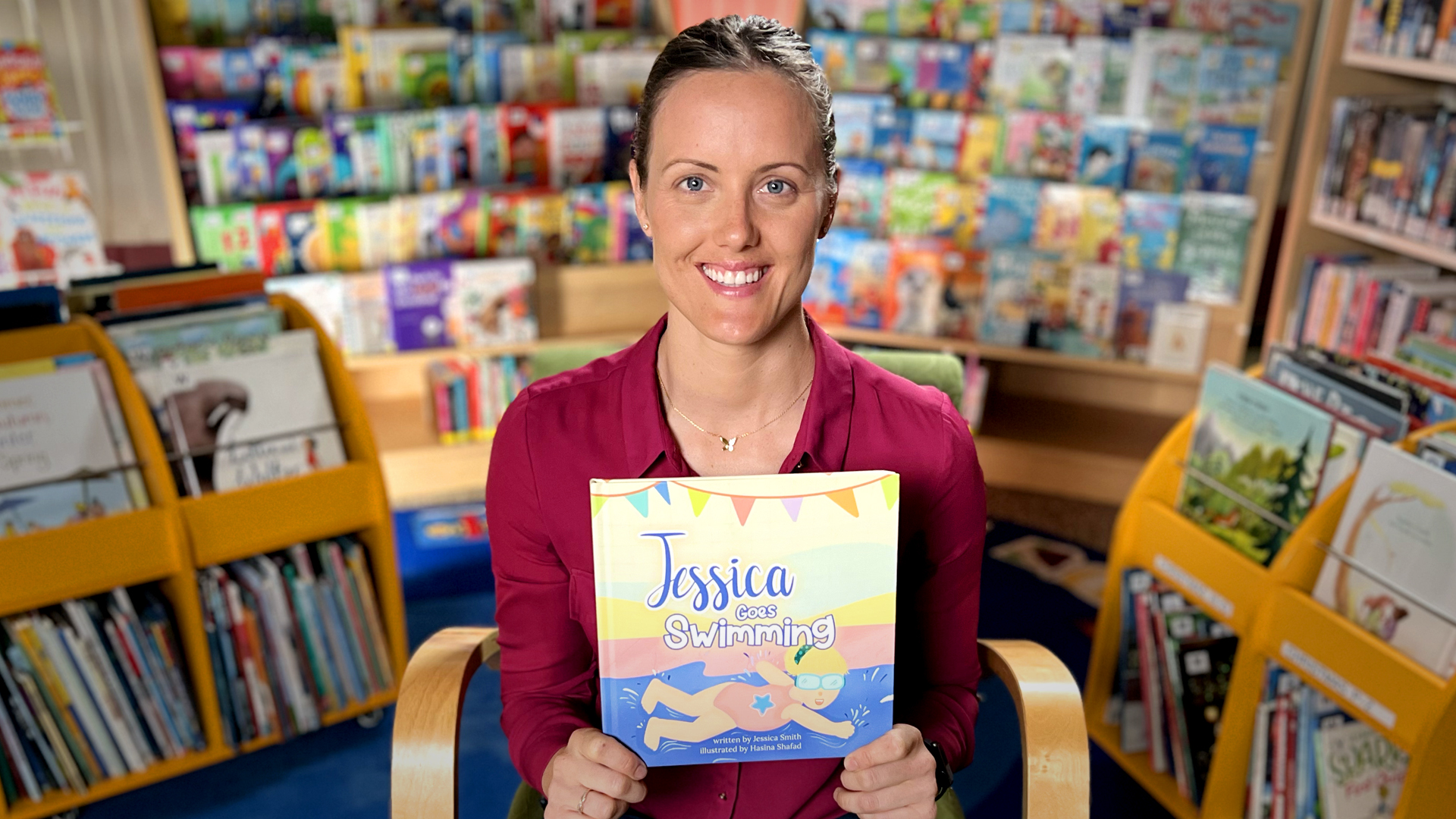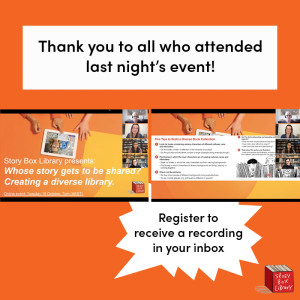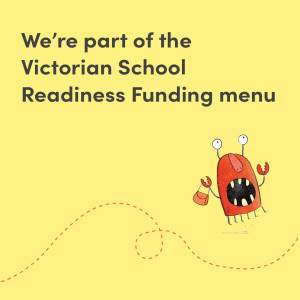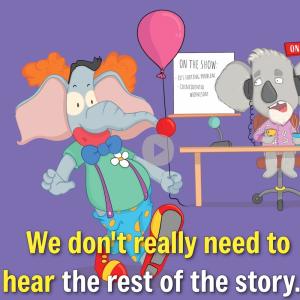Q&A with Jessica Smith, Paralympian and author of Jessica Goes Swimming
19 Aug 2024

This week we're releasing Jessica Goes Swimming, written by Australian paralympian, author and global keynote speaker Jessica Smith, illustrated by Hasina Shafad and read by Ellie Cole. This is an inspiring true story about believing in yourself and embracing what makes us different. With the 2024 Paralympics set to begin on 28th August, read StoryBox Hub's Abby Blowes' interview with Jess to find out more about what inspired her to write Jessica Goes Swimming, and how she has thrived and become an advocate for people living with a disability.
What inspired you to write Jessica Goes Swimming?
The ‘Just Jessica’ series draws on my own experiences and follows the heart-warming story of a young girl living with one hand. Through storytelling it is my aim to help young people feel comfortable talking about complex issues, and in doing so, develop a deeper understanding of diversity and inclusion, build self-confidence, emotional and social intelligence; and social and interpersonal skills. I wanted to create resources with characters that represent diversity, something I rarely saw in books when I was growing up. Each book explores real life situations and journey’s that all children (and adults can relate to) while also focusing on the importance of friendship, kindness and acceptance. Jessica Goes Swimming is about my experience at my first school swimming race, which was in fact the beginning of my Paralympic journey. I wanted to share my experience as a young girl living with disability, but also goals and dreams of being the best I possibly could in the sport I loved so much.
What do you hope readers will ‘take away’ from Jessica Goes Swimming?
There are many important messages in this book, from surrounding yourself with those who believe in you, not listening to people who try to put barriers in your way. I hope readers understand the message of never giving up and always believing in yourself. I want children to understand the importance of trying even when others say something can’t be done. I want children to read this book and say to themselves, ‘If Jessica can do it, so can I!”
What are some misconceptions about living with a disability, that you hope to dispel within your book?
Sadly, there is still a common misconception among society that disability means ‘less than’ or that a person living with disability ‘can’t’ do something. I wrote the 'Just Jessica' series to help educate society to shift their perspectives. Rather than looking at a person with a disability and assuming they can’t, I want people to assume that they CAN! Disability is part of being human. Everyone will experience disability at some stage in their life, either temporarily or permanently.
Disability is not wrong or bad, it’s just different. We need to celebrate these differences, because it’s these differences that make our world such a beautiful place.
As a child and then young athlete, how did you learn to believe in yourself, and back yourself, even during those challenging times when you thought you couldn’t do it?
It was really difficult at times because I never saw myself represented in mainstream media, so I often doubted my abilities. I didn’t have disabled role models to look up to, not because they didn’t exist, but because the media and society never portrayed disability in a positive way. My role models were athletes like Susie O’Neill and Keiran Perkins. At home I had a very supportive family, and I credit my parents and brothers for helping me to develop self esteem that allowed me to conquer the really challenging times when I felt like no one else believed in me. My family always encouraged me to set goals and work hard to make them a reality. Because of this I know I developed a strong work ethic. But I had to practice every day at telling myself I was good enough, and fast enough and strong enough to be a world class swimmer. I worked hard and I trained hard. I surrounded myself with people who supported me, and my dream of representing Australia at the Paralympic Games came true for me in 2004 when I was just 19 years old. An accomplishment I will forever be very proud of!
I see you’re working towards a goal of an unassisted pull up by your special birthday in November, can you give young readers some advice for sticking to a goal/overcoming adversity?
Goal setting is so important in life, regardless of what your dreams and aspirations are. It is important to set yourself a goal and then work backward and break down smaller goals to work at every day to achieve that ultimate end goal. I am fortunate that I learned visualisation skills at a young age, which help me to see myself already achieving my goals. I visualise everything, and the more I believe it to be true, the easier it is to work toward all the little and big goals.
Even though I’m no longer competing for Australia in the sport of swimming, I still always want to challenge myself and achieve things that seem too difficult. I am about to turn 40, and I’ve never been able to do a pull-up, so this is the current goal I am working toward. I’ve had to make a few adjustments and adaptations, but I know I will make it happen. I’m in the gym 4-5 times a week building the strength I need to do those unassisted pull-ups, and it can be frustrating at times, but it is so worth it in the end.
Finally, why is sharing stories (as well as storytelling) important to you?
Storytelling is how we learn and grow. Sharing stories allows us the opportunity to learn more about a person or an event, and consequently we learn more about ourselves and how abilities and our reactions. The way we share stories also matters, taking readers on a journey that ignites imagination and emotion, this allows for a much deeper understanding of ourselves and the world around us. I hope readers are able to feel how Jessica feels in this book, the nerves, the self doubt, the excitement, self belief and then the sense of accomplishment. Feeling the words in a book are just as important as reading them.






